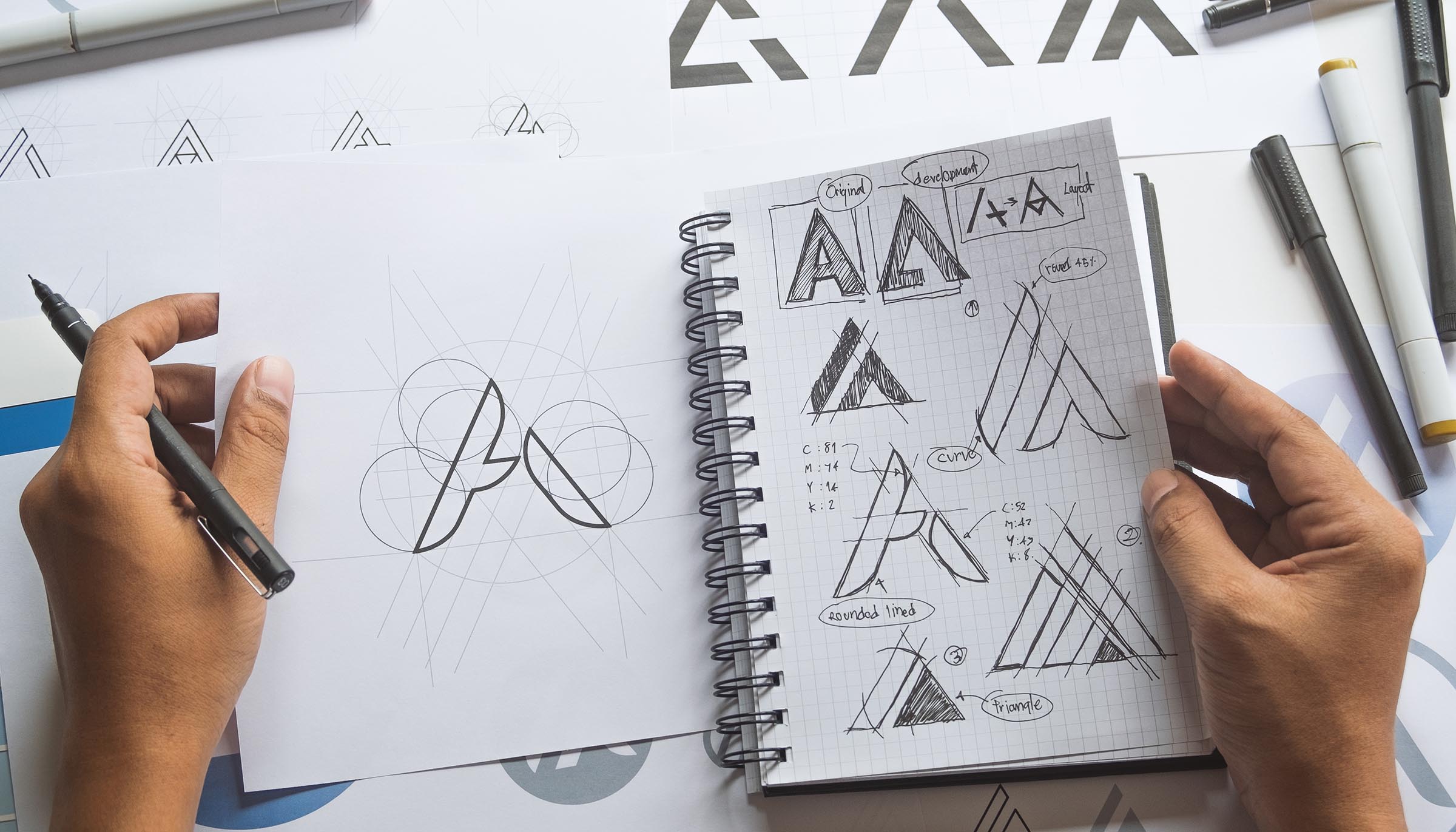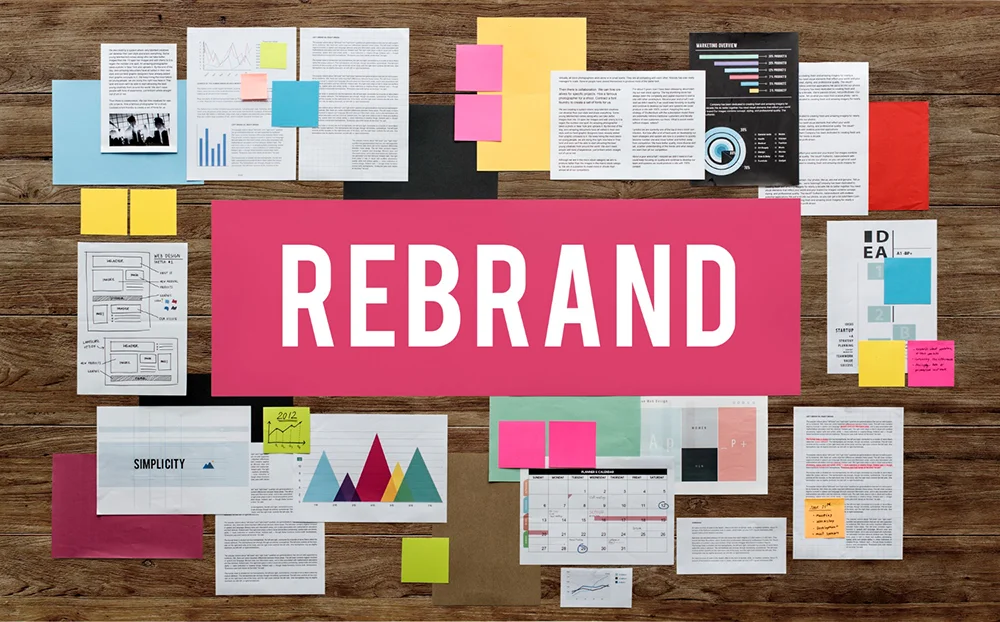The corporate world is a highly competitive domain for both small businesses and large enterprises. Therefore, you should do everything possible to keep your brand front and center and make it more recognizable. One of the best practices to gain relevance and credibility is to get a professionally designed logo that aligns with your business model.
A logo is the visual rendition of a brand and the building block of its branding. Well-designed logos help your company achieve prominence and distinction amongst the customer base. It grabs attention and makes a great first impression if done right.
Let us take a deeper dive into the topic to discover the importance of logo in business growth:

Importance of logo design in business growth
Creates a strong first impression
Your logo introduces your brand to the consumers. A powerful logo animations creates a potent first impression that piques the customers’ interest and entices them to discover more about the business.
Forbes reports that you and your business have a mere seven-second window to create a first impression. The logo has the potential to prompt the people to make a snap judgment and interact with you. Once you have achieved that and invited the customers into your store, physical or electronic, they are more likely to purchase from you.
On the other hand, the absence of a logo creates a drab outlook that can alienate prospective customers. It does not matter if your products are of the highest quality or customer services team is extremely competent. If you are unable to create a decent first impression, it directly influences your ability to grow your business.
Provides the brand with an identity
A good brand identity translates into a reputable brand image, making your business more coveted and loved. Your logo forms the basis of your brand’s identity, which is very important for a commercial entity to become more discernable and grow.
Compelling logos sport one color with an image. Or they can have your brand name in a signature font relevant to your business. The color and styling of the logo appear on all your marketing endeavors, including emails, landing pages, packaging, business cards, and so on.
According to Reboot, incorporating one signature color in your logo can increase your brand recognition by an impressive 80%. The masses will associate a particular color with your business, increasing brand recognition. This means that more people will relate your logo with a good customer experience and high-quality products, thereby improving your sales exponentially.
Enhances brand loyalty
An enterprise earns brand loyalty through continuous delivery of value products, undivided focus on customer experience and service, and consistency in all aspects. It takes quite a while to foster brand loyalty, which eventually earns you returning clientele.
Your logo plays a vital role in evoking this allegiance in the minds of your ardent followers. It serves as a familiar symbol that covey trustworthiness, accessibility, and quality products. Consumers will be drawn towards your store because of your logo every time they are in the market to buy something that you sell.
Therefore, having a logo should be one of your top priorities, as it is crucial for your business’s success.
Attracts Target Customers
One of the business’s primary objectives is to acquire more and more consumers through intuitive marketing techniques. The logo appears prominently on advertisement material and forms the basis of every marketing campaign to attract the target customers.
Here is how it works. The logo design, including the colors and styling, is in sync with your business ideology and the products you sell.
For example, when you choose a particular color palette for your logo and branding, you are looking to evoke a specific emotion. Red signifies a loud, passionate, and young brand. Blue denotes calmness and spiritual awareness, while yellow means cheerful, friendly and energetic, and so on. Each color resonates with particular demographics and attracts them to your products.
Similarly, the logo’s font and typeface speak about your company’s personality and values. It targets the audience you want to interest. A dignified, traditional font with minimalistic design conveys a brand with a mature consumer base. Conversely, a rounded font with soft curves is more suited for a children’s brand as it looks exuberant and easy-going.
Therefore, a thoughtful logo design that aligns with your business needs can work wonders for captivating the specific customer demographic and catching your audience’s attention amongst the clutter.
Reinforces your professionalism
In the commerce world, there are specific rules that establish a business as stable and professional. These attributes enable a company to gain their potential customers’ trust and increase the probability of conversion.
Product quality and satisfying customer services are definitely on top of the list of rules that signify a company’s professionalism. However, logo plays an equally, if not more, important role to emphasize a business’s professionalism.
A professional logo design entails that the company adopts similar attention to detail in everything and is not likely to cut corners when it comes to its product quality. It fulfills the customers’ requirements and expectations, as any client would expect a credible business to be represented by a suitable logo.
On the other hand, if you do not have a logo, it makes your business appear unprofessional and shady. It depicts disregard and lack of business ethics on your part, thereby losing valuable customers and profitable sales.
Attributes of a good logo
While any logo is better than no logo, you want your graphical representation to be as effective as possible when it comes to business growth. A good logo is succinct, versatile, memorable, and related to your business.
Simple: A simple logo is easier to perceive even at a fleeting glance and convenient to remember. It is explicable, conveys the brand’s identity efficiently, and is operative in engaging the potential customers.
Relevant: A logo is a visual portrayal of a brand. Thus, it should be relevant to the company it is representing. Small businesses must establish themselves in the market, creating a logo that identifies with their business plan and is appropriate to their operating niche.
Scalable: Since your logo appears on all your physical and online marketing material, it should be scalable. Scalability allows the logo to be increased or reduced in size without losing its intrinsic message. Thus, a good logo is versatile enough to be used on different mediums without losing its captivating power.
Memorable: A memorable logo captures the audience’s attention and embeds itself in the viewers’ minds. It is also easy to recall even after if the person has viewed the logo only once.
Timeless: Since your logo is the graphical representation of your business, you want to remain constant even after many years. Aim for longevity in your logo design since it should be timeless and enduring, despite the changing trends.
Distinct: An effectual logo makes your brand more prominent in a cluttered marketplace and distinguishes it from the competitors. Thus, make sure your logo is discrete and unlike any other in the landscape where it is positioned.
Conclusion
A logo plays a defining role when it comes to business growth. A fantastic logo creates a powerful impression on its very first interaction with potential customers. It provides the brand with a distinguished identity that evokes positive emotions, especially amongst the recurring customers.
It depicts the core values of the company at a glance, which attracts the targeted demographics. Logos are also effective in augmenting brand loyalty and strengthening an organization’s credibility and professionalism. All of these advantages work towards helping you grow your business sustainably and effectively.





